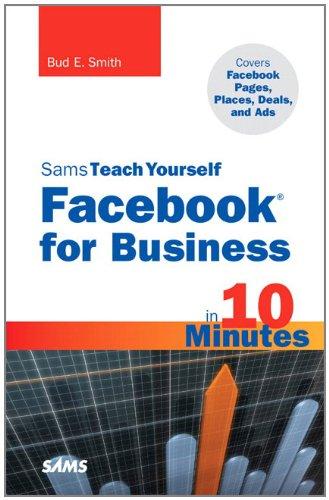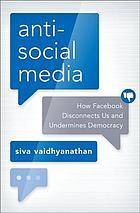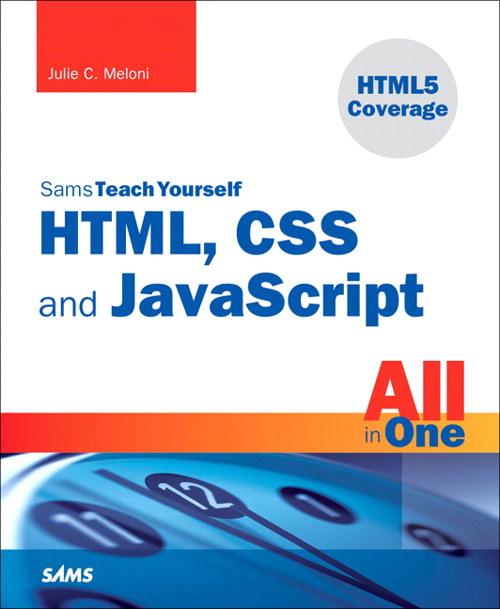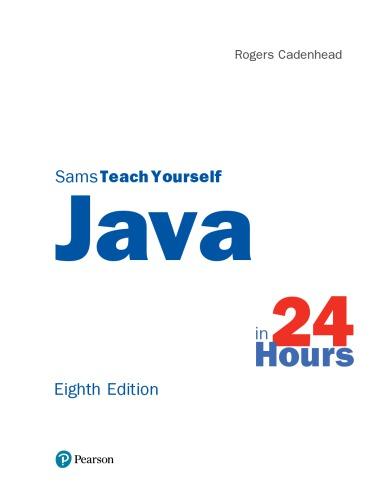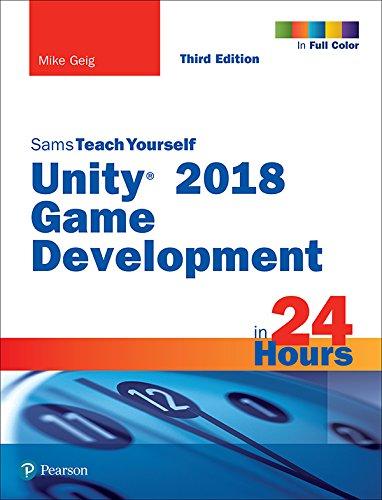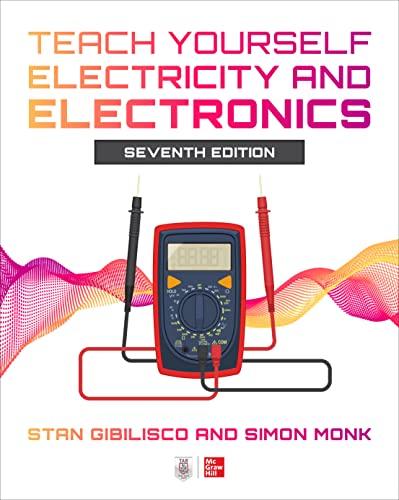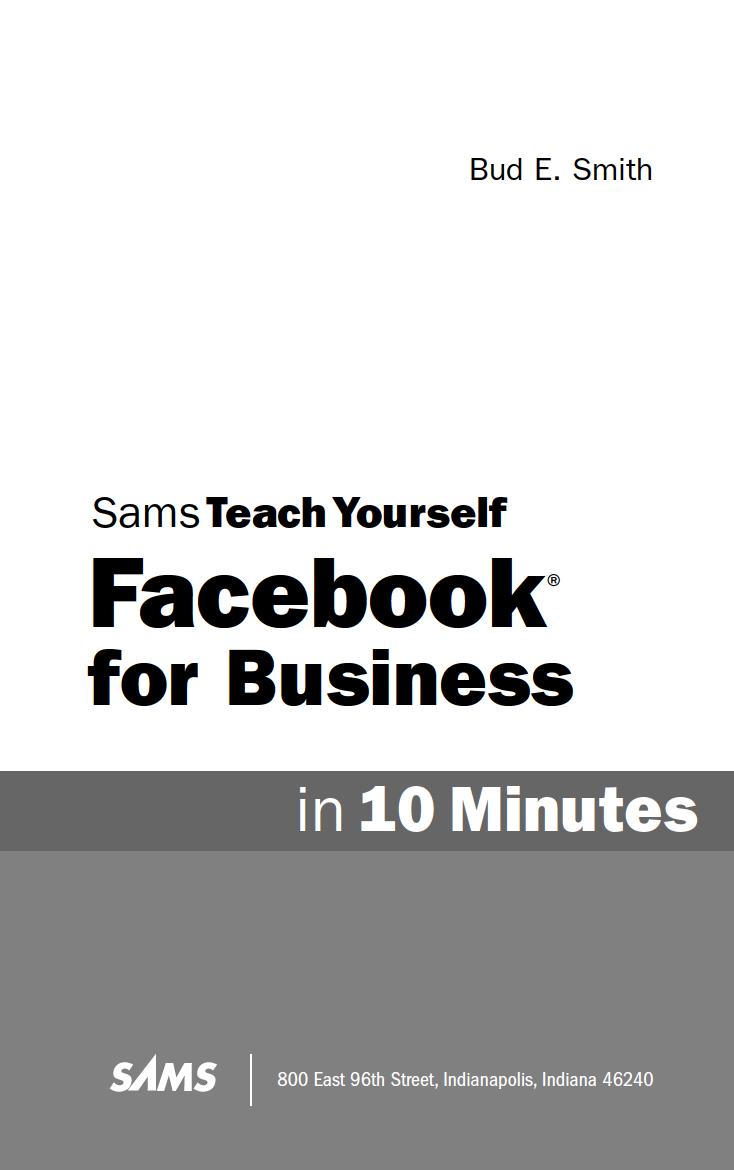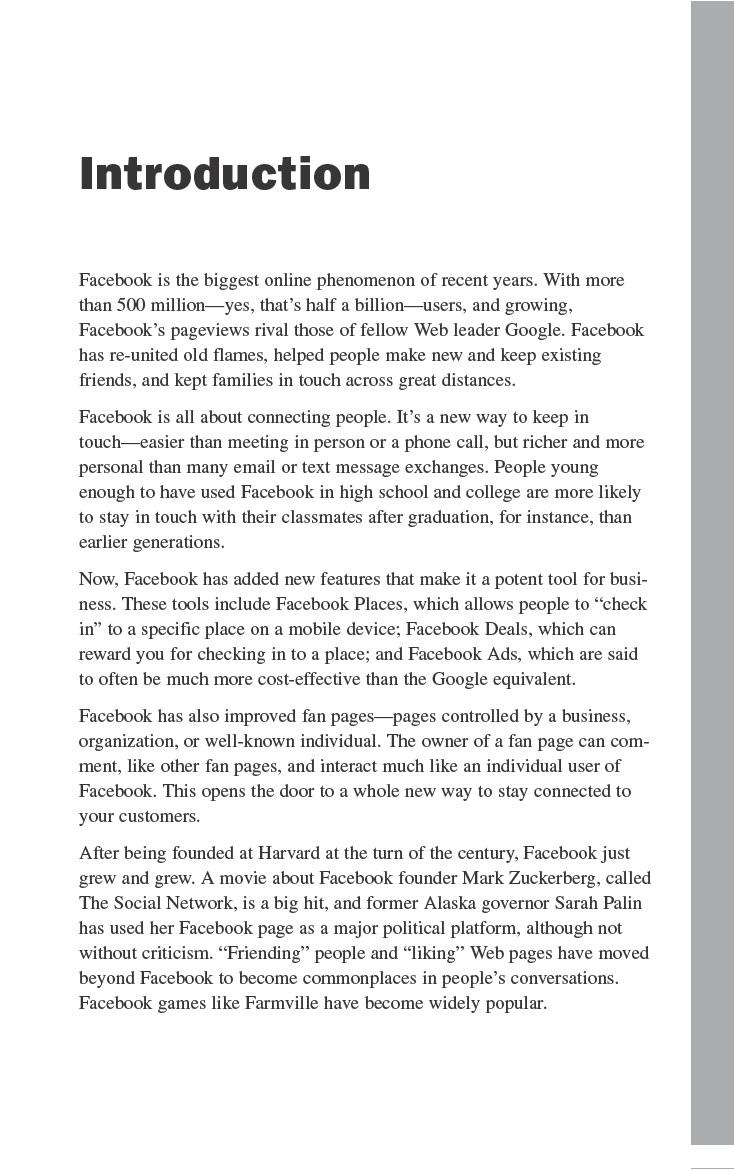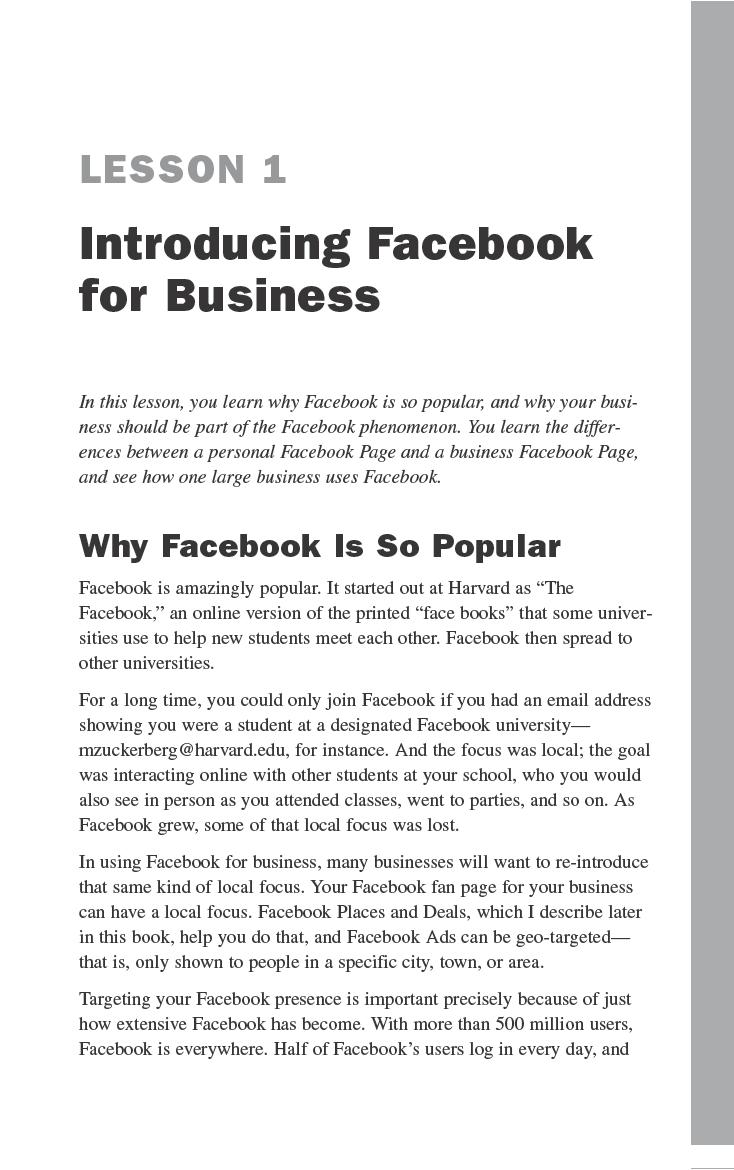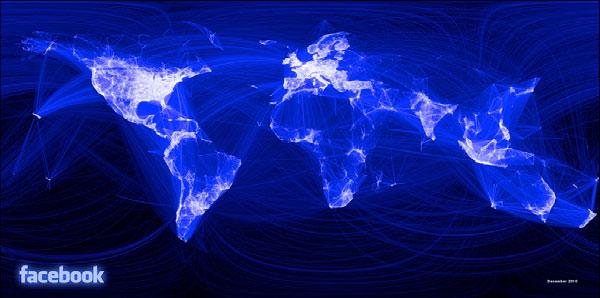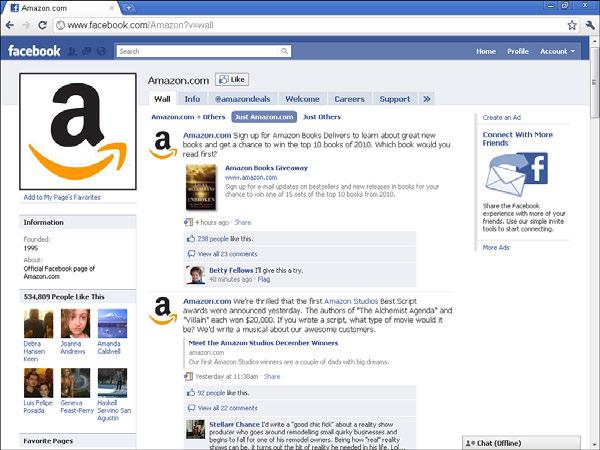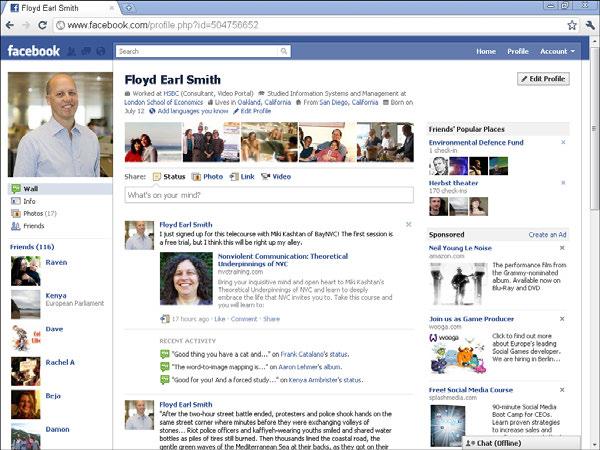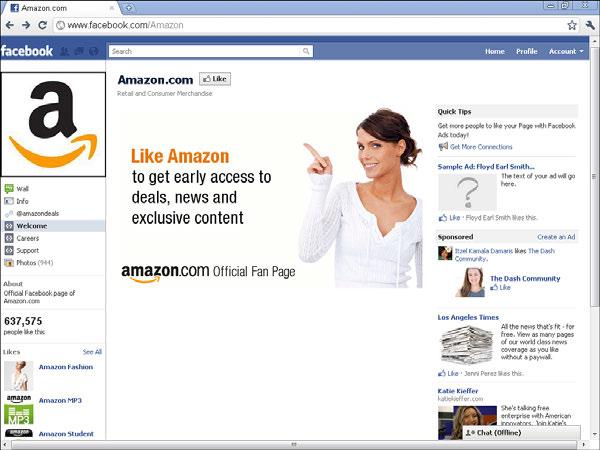Sams Teach Yourself Facebook for Business in 10 Minutes: Covers
Edition Bud E. Smith
Visit to download the full and correct content document: https://ebookmass.com/product/sams-teach-yourself-facebook-for-business-in-10-min utes-covers-facebook-places-facebook-deals-and-facebook-ads-1st-edition-bud-e-smi th/
More products digital (pdf, epub, mobi) instant download maybe you interests ...
Antisocial Media : How Facebook Disconnects Us and Undermines Democracy Siva Vaidhyanathan
https://ebookmass.com/product/antisocial-media-how-facebookdisconnects-us-and-undermines-democracy-siva-vaidhyanathan/
Sams Teach Yourself HTML, CSS, and JavaScript All in One 1st Edition Julie C. Meloni
https://ebookmass.com/product/sams-teach-yourself-html-css-andjavascript-all-in-one-1st-edition-julie-c-meloni/
Sams Teach yourself Java in 24 Hours [8th Ed] 8th Edition Rogers Cadenhead
https://ebookmass.com/product/sams-teach-yourself-javain-24-hours-8th-ed-8th-edition-rogers-cadenhead/
Unity 2018 Game Development in 24 Hours, Sams Teach Yourself 3rd Edition, (Ebook PDF)
https://ebookmass.com/product/unity-2018-game-developmentin-24-hours-sams-teach-yourself-3rd-edition-ebook-pdf/
French phrase book Teach Yourself Books
https://ebookmass.com/product/french-phrase-book-teach-yourselfbooks/
Teach Yourself Electricity and Electronics, Seventh Edition Stan Gibilisco
https://ebookmass.com/product/teach-yourself-electricity-andelectronics-seventh-edition-stan-gibilisco/
Teach Yourself Electricity and Electronics 6th Edition
Stan Gibilisco
https://ebookmass.com/product/teach-yourself-electricity-andelectronics-6th-edition-stan-gibilisco/
Teach Yourself Electricity and Electronics, 6e 6th Edition Stan Gibilisco
https://ebookmass.com/product/teach-yourself-electricity-andelectronics-6e-6th-edition-stan-gibilisco/
Intuition in Business Eugene Sadler-Smith
https://ebookmass.com/product/intuition-in-business-eugenesadler-smith/
Sams Teach Yourself Facebook® for Business in 10 Minutes
Copyright © 2011 by Pearson Education,Inc.
All rights reserved. No part of this book shall be reproduced, stored in a retrieval system,or transmitted by any means,electronic,mechanical,photocopying,recording,or otherwise,without written permission from the publisher. No patent liability is assumed with respect to the use of the information contained herein. Although every precaution has been taken in the preparation of this book,the publisher and author assume no responsibility for errors or omissions. Nor is any liability assumed for damages resulting from the use of the information contained herein.
ISBN-13: 978-0-672-33555-6
ISBN-10: 0-672-33555-7
Library of Congress Cataloging-in-Publication Data:
Smith,Bud E.
Sams teach yourself Facebook for business in 10 minutes / Bud E. Smith. p. cm.
Includes bibliographical references and index.
ISBN-13: 978-0-672-33555-6 (alk. paper)
ISBN-10: 0-672-33555-7
1. Facebook (Electronic resource) 2. Online social networks. 3. Social networks—Computer network resources. 4. Web sites—Design. I. Title.
HM743.F33S65 2011 006.7’54—dc22
Printed in the United States of America
First Printing June 2011
Trademarks
2011009991
All terms mentioned in this book that are known to be trademarks or service marks have been appropriately capitalized. Pearson Education,Inc. cannot attest to the accuracy of this information. Use of a term in this book should not be regarded as affecting the validity of any trademark or service mark.
Warning and Disclaimer
Every effort has been made to make this book as complete and as accurate as possible,but no warranty or fitness is implied. The information provided is on an “as is” basis. The author and the publisher shall have neither liability nor responsibility to any person or entity with respect to any loss or damages arising from the information contained in this book.
Bulk Sales
Pearson Education, Inc. offers excellent discounts on this book when ordered in quantity for bulk purchases or special sales. For more information,please contact
U.S. Corporate and Government Sales 1-800-382-3419
corpsales@pearsontechgroup.com
For sales outside of the U.S., please contact International Sales international@pearson.com
Editor-in-Chief
Greg Wiegand
Executive
Editor
Rick Kughen
Development
Editor
Mark Reddin
Managing
Editor
Kristy Hart
Project Editor
Anne Goebel
Copy Editor Language Logistics,LLC
Senior Indexer
Cheryl Lenser
Technical Editor
Karen Weinstein
Publishing Coordinator
Cindy Teeters
Book Designer
Anne Jones
Compositor
Nonie Ratcliff
Reader Services
Visit our website and register this book at informit.com/register for convenient access to any updates, downloads, or errata that might be available for this book.
For established businesses to crack Facebook, though, has been tricky. Facebook’s somewhat bland user interface makes branding difficult. Some business Facebook pages “go viral” and get hundreds of thousands of “likes,” while others, which might appear just as promising, get none.
Even as business has somewhat languished on Facebook, Google has pioneered new ways for businesses to make, and spend, money online. Google AdWords, which allows companies to publish ads (mostly small, text ads) on Google search results pages, has made tens of billions of dollars a year for Google.
Google Places is a newer feature that allows companies to have a local presence in Google Search and Google Maps. Google Places includes easy-to-use coupons.
Facebook has followed with its own offering using the same name, Facebook Places, and the much more invitingly named Facebook Deals. Neither is really all that different than the Google equivalent. The difference in how much good they are for you mostly has to do with the difference between Facebook and Google.
The driving force behind Google is searching, leading to the rise of search engine optimization (SEO) and the way AdWords ties search terms to ad placements to ad clickthroughs. The driving force behind Facebook, though, is the “social graph”—the online links between Facebook users and their Facebook-using friends, families, and work colleagues. On Facebook, it’s all about connecting.
On Facebook, of course, everyone you’re connected to is a “friend.” You can put friends into different groups, but not that many people do.
Google works well when you’re targeting the individual searcher looking for something specific. Facebook works well when you want to “tip” a group of Facebook friends into becoming customers. The Facebook effort is harder, because you’re trying to get groups of people to come together. But a “win” that you achieve through Facebook advertising can be very powerful indeed.
On Facebook, you start with a Places page and a fan page. You can combine them, which Facebook recommends, or keep them separate, which I
think is generally better. Then, on your Places page or combined page, you offer Facebook Deals. Getting people to take advantage of Deals may not be the only purpose of your Facebook advertising campaign, but it’s the best measurement of its overall success.
Part of the way you “win” new business through Facebook is quite challenging. You have to help people feel comfortable with your Facebook presence. That includes well-written copy, interesting images, and compelling special offers. But it also means understanding how people work, how they see your company and your products, and how they use Facebook within their lives.
For text ads, at least, Google AdWords advertising is a bit like an engineering project. You can try dozens of variations and test the effectiveness of each, one user at a time.
Effective Facebook advertising, though, requires that people recommend your offer to their friends. Attracting Facebook users includes subjective factors, and is more like making a great TV commercial. Everything you do has to be “right”—copy, images, layout, spelling—just to get people to pay attention. But there’s room for creative flair to make the difference between failure (not earning back your investment), moderate success, and a runaway hit advertising campaign.
Use this book to put together effective Facebook Places pages, fan pages, and Deals. Work hard, and monitor your results. Then, when you’ve got the basics down, start brainstorming on top of the solid base you’ve built. Add some fun and liveliness to your Facebook presence, and hope for magic to happen.
Who This Book Is For
This book is aimed at all business owners, or leaders of other kinds of organizations, who want to create a Facebook fan page for their business, who want to have a Places page and Deals, who want to do Facebook advertising—or all of the above. This should mean just about everyone in business, or working in an organization!
You may have extensive computer and online experience, or you may have very little. You may also have some experience in marketing your business or organization through various means, including print and/or online media, or you may have very little marketing background as well. This book will help you succeed on Facebook—whatever that means to you.
Throughout this book, the term “business owners” is meant very broadly. If you work in a social services agency, a public facility such as a swimming pool, or a nonprofit, you have people who you might call “clients,” “customers,” or some other term. They still need to know about what you’re offering and how to take advantage of it. So “business” isn’t just about for-profit businesses. (Though I like profits, too.) It means any store, location, or service provider that’s open to the public!
Each lesson in this book focuses on one specific topic, such as creating your Facebook Places page or creating a Deal that’s attractive to your online visitors. You can skip from one topic to another, read the book through from start to finish, or both. You can hand it to a friend, family member, or colleague to answer a specific question that they have, too.
What Do I Need to Use This Book?
You will need a computer with a web browser and reliable Internet access to use this book. A tablet computer, such as the iPad, or a small, low-cost netbook will probably not be adequate for the tasks needed; you will probably want either a Windows PC or a Macintosh. Either a desktop or a laptop model will do the job.
If you are not experienced with computers, or don’t have a computer, you may wish to buy a computer and procure Internet access, then learn how to use the computer itself and a web browser before proceeding.
Alternatively,youcan find afriendor work colleaguewiththenecessary equipmentandskillsandgettheirhelpincarryingoutthetasksinvolved. Ifyouaretheonewiththenecessities,youcanprovidehelptoothers;it’s funto work togetherontaskssuchasthoseinvolvedwitha Facebook presence.
Conventions Used in This Book
Whenever you need to push a particular button on your computer, or click a particular control onscreen, you’ll find the label or name for that item bolded in the text, such as “click the Hom e button.” In addition to the text and figures in this book, you’ll also encounter some special boxes labelled Tip, Note, or Caution.
TIP
Tips offer helpful shortcuts or easier ways to do something.
NOTE
Notes are extra bits of information related to the text that might help you expand your knowledge or understanding.
CAUTION
Cautions are warnings or other important information you need to know about the consequences of using a feature or executing a task.
Screen Captures
Most of the figures captured for this book come from a Windows PC running Internet Explorer 8 and showing various web pages, mostly Facebook pages of various sorts. A few of the screenshots are from an Apple iPad running Apple’s Safari web browser. You might use a Macintosh, or a Windows PC running a different version of Windows than what is shown in this book.
You may use a different web browser than we show in this book, or a different version of Internet Explorer, and different settings for your computer and your web browser. You may well also use a different mobile device than the iPad. For any of these reasons, your screens may look somewhat different than those in the book. Also keep in mind that the
developers of Facebook and the software and other websites shown in this book are constantly working to improve their software, websites, and the services offered on them.
New features are added regularly to the Windows and MacOS, software, and websites, and old features change or disappear. This means the screen contents change often, so your own screens may differ from the screens shown in this book. Don’t be too alarmed, however. The basics, though they are tweaked in appearance from time to time, stay mostly the same in principle and usage.
active users check it dozens of times a day. Figure 1.1shows a map of the world, drawn by connecting a random sample of about 10 million Facebook friends and their locations.
A
Facebook has become so popular because it is very personal and entirely global at the same time. Every person who joins Facebook helps pull other people onto it and increases the loyalty of their real-world friends, who now become Facebook friends as well. This kind of growth, where each new user makes the whole service more valuable, is called the “network effect” in computing and marketing theory.
NOTE: A Facebook Friends Map Lights Up the World
In addition to being beautiful,the Facebook friends map gives some idea of Facebook’s extensive reach—and shows the areas that Facebook has not yet penetrated as deeply. (Brazil,for instance,still has many millions of fans of Orkut,a rival social network owned by Google.) To see the map and the explanation behind it for yourself,search for “Visualizing Friendships” on Facebook.
Facebook is more “everywhere” in some places than others. The United States, Canada, and the UK are thoroughly “Facebooked.” Three out of four American Web users are on Facebook, but of course not everyone is equally active. An infographic available at Mashable.com, shown in Figure
FIGURE 1.1
map of Facebook friends lights up almost the entire world.
1.2, has some interesting and useful facts. Visit: http://mashable.com/2011/ 01/12/obsessed-with-facebook-infographic/.
FIGURE 1.2 Mashable.com has a fun and useful Facebook infographic.
France, Germany, and Italy are not far behind North America and the UK. In all these countries, almost everyone under 30 entered adulthood with a Facebook account and with Facebook as an active part of their social lives. Some of these people are such strong Facebook users that they hardly use email anymore, at least outside of the workplace, because Facebook takes care of most of their personal messaging needs.
In other countries, and among people over 30, Facebook is used and understood differently. It’s still somewhat of an enthusiast’s tool, popular
in some social circles and not others. The very word “Facebook” carries a different weight for these different audiences.
For this reason, Facebook is almost never the whole answer for your online marketing needs. You absolutely need Facebook to reach some groups, such as current college students; but you have to use other tools, such as Google, to reach others.
NOTE: What Would Google Do?
Google has pioneered online marketing tools and makes most of its money—tens of billions of dollars a year—from AdWords ads alone. To some extent, Facebook is playing catch-up to Google, but it’s doing so in a way that shows a deep understanding of how people actually use Facebook. Facebook Places and Deals and Facebook Ads are a newer and better way for reaching active Facebook users than their Google equivalents. Facebook fan pages aren’t matched by Google at all. See my books, Sams Teach Yourself Google Places in 10 Minutes and Teach Yourself Google AdWords in 10 Minutes,for details onGoogle’s offering. This book covers about the same range of material as my two Google-related books taken together. (How? Practice makes perfect,I guess...)
If you didn’t grow up with Facebook, you might not “get it” in the same way as the people who did grow up with it. That’s OK; this book will help you use Facebook competently for your business. You should definitely use Facebook, though, in your personal life—set up a personal Profile page, “friend” people, “like” businesses that treat you well, and so on. Using Facebook in your personal life will help you do a much better job of investing your precious time and money wisely in using Facebook for business.
Why Your Business Should Be on Facebook
The fact that something is popular doesn’t mean your business has to useit. However, Facebook is moving from “popular” to “ubiquitous”;
depending on where your business is and who your customers are, Facebook is part of daily life for many, or even the majority, of your customers.
CAUTION: The Comma Police Are Watching
Many Facebook users are quite careless about spelling and punctuation,but you can’t afford to be. For content that represents your business,do whatever it takes to make sure it is “clean” and correct. Even on your personal Facebook Page,you should make your contributions close to perfect in spelling,grammar,punctuation and so on,because that will make your business look fully professional.
There’s also a competitive element to this. Eventually, most businesses are going to be on Facebook. In general, the longer you wait to get on Facebook, the more “out of it” your business will seem to heavy Facebook users. And if your competitors make a showing on Facebook before you do, they’ll get the early “buzz” among Facebook users and gain momentum that you’ll be hard pressed to catch up with.
Consider a local bookstore. Every local bookstore competes with Amazon.com, and Amazon has more than 500,000 Facebook fans at this point (that is, people who’ve clicked the Like button on Amazon’s Facebook Page, as shown in Figure 1.3).
Half a million is a huge number of people, but it’s only one out of 1,000 Facebook users in the area that Amazon serves—most of the world. To match Amazon’s penetration of its target market, a local bookstore just has to get one out of 1,000 Facebook users in the area it serves.
The area I live in, the Rockridge area of Oakland, has about 20,000 people. So getting just 20 Facebook fans would be a good start for a local bookstore—and might just beat Amazon within that neighborhood. The first local bookstore to “beat Amazon” in this way would get strong momentum with local Facebook users and might go on to get hundreds of Facebook fans. Among local bookstores, they’ll be known as “the one on Facebook.” Bookstores that try the same thing later will probably find it harder to get traction.
FIGURE 1.3 Amazon has a huge reach on Facebook,but you can beat them locally.
NOTE: Start Your Website with a Facebook Page
What if you don’t have a website yet? To start out,you probably should. The Web as a whole has many more users than Facebook, and not being on the Web makes it hard for some of your customers to consider you fully. So should you drop this book and go create a website? Not at all. Creating a Facebook fan page for your business,or even a Places page,is easier than creating a standalone web page. So start on Facebook first and then create a website,using what you learn on Facebook. You’ll save time and money.
In fact, Facebook might be more valuable to a local bookstore than it is to Amazon. That’s because a local bookstore can take advantage of its local knowledge. Amazon’s fan page has to be somewhat generic, addressing the whole world. A local bookstore can use its knowledge of local
concerns, local issues, and local events to reach its customers and their Facebook friends.
This ties into two advantages of Facebook: hypertargeting, and connections to social networks. You can target your Facebook presence to reach very specific audiences. And you can reach into people’s networks of friends, family members, and co-workers. Once you get a couple of key influencers in a group of friends to, say, come to an event that you’re sponsoring, the rest may well follow.
Here’s a brief, targeted list of the key reasons you and your business should be on Facebook:
. To reach people. Your Facebook fan pagecanreachmanyof yourcustomers,particularlythose30andunder.Simplyhaving themseeyour business on Facebook willhelpyoustayconnectedwiththem.
. To make money. You can use Facebook Places and Deals to actually bring people into your physical location, call you, order online—however you do business. It’s easy to measure the results of these efforts and to justify just the effort you put in.
. To not be left out. Every time someone looks for your business on Facebook and can’t find it, that’s a negative for you. If they then look for a competitor and do find them instead, it’s a bigger negative for you.
. For positive “buzz.” Just the fact that people know you’re on Facebook is a positive, even if they’re not fans (that is, they haven’t “Liked” your fan page). There’s so much positive momentum around Facebook in the press and among ordinary people that simply associating yourself with Facebook is a plus. If you can get your Facebook presence mentioned in online comments and even the print press, as many businesses have, all the better.
A word of caution, though—some of this impact can be measured, but not all of it can. Just as you probably don’t have precise numbers for how
many people know about your business or what people think of it, you won’t be able to precisely measure all of the impact of being (or not being) on Facebook.
However, because Facebook has gotten so big, it’s an easy call—you need to join in! Then you can use measurable efforts such as Facebook Deals to help determine just how hard you work at developing and using your Facebook presence.
TIP: Use Facebook to Get in the Press
The press is always looking for “local color” on a national or global story,or industry-specific color on a general business story. And they’re always writing about Facebook. So get press people to “Like” your Facebook fan page and keep them up to date on your online presence. They may very well cite your business in a story, or even come to you for a quote when they’re on deadline. Such mentions can be very valuable to your business.
Comparing Personal and Business Facebook Pages
Your Facebook business presence has a number of moving parts, which all relate to each other. This book’s lessons go into detail on all of them. The following is a brief look at the concept of a personal Facebook Page, and then a popular business fan page is dissected in comparison.
Your Personal Facebook Page
You should have a personal Facebook Page before creating a business Facebook presence. Why? Because it’s very difficult to create an effective Facebook business presence if you don’t know how Facebook works for its users. In fact, if you’re not a user yourself, you may well make “tone deaf” mistakes in how you present your business online.
NOTE: The Facebook Presence
If you have little previous Facebook experience,you might want to stop here and create a personal Facebook Page. I give a brief tour
in Lesson 2,“Setting Up a Business-Friendly Profile Page,” but you’ll probably need something more in-depth to really do it right. Sams Teach Yourself Facebook in 10 Minutes is exactly targeted to help get you going as a Facebook user.
A Facebook personal page is shown in Figure 1.4. If you use Facebook, you probably already know that what you’re seeing here is the Wall, which is available under the Profile tab. It’s made up of postings that you create, and it’s what other people see when they first visit you.
Confusingly, what you usually see when using Facebook is your News Feed. Basically, the News Feed is little bits and pieces of updates from other people—which show up on their Walls—all mixed together. To see what you’re putting out to the world, visit your own Wall regularly.
FIGURE 1.4 Your Facebook Wall shows what you post.
It’s also worth knowing that not all of your Facebook friends see everything you post. Facebook keeps track of who responds to whom, who visits each other’s Walls, and so on—and prioritizes what shows up in people’s News Feeds accordingly. If your Facebook friends are already well involved on Facebook, it might be hard to get them to see your Facebook postings, and if they don’t respond, you may drop off their News Feeds again.
This is true for the default part of the News Feed, called Top News. If you click Most Recent, you see all the updates. Not many people know to do this though. Also, for many people, the volume of posts in Most Recent is overwhelming, so they stick with Top News.
To get connected with updates on Top News, visit the Walls of key friends. (Look them up in Facebook using the Search bar, or click to them from within your Friends list.) You might want to follow up on people whose updates you aren’t seeing once a week or so. To further establish contact, message people whose posts you aren’t seeing—they probably aren’t seeing yours either.
This has direct relevance to your business presence, too. (Again, part of the reason you need a personal Facebook presence is to understand what might be happening with your business presence.) People can “Like” your business presence, but if you and they don’t engage further, your business can drop off their radar within their use of Facebook. So you’ll want to take steps to keep engagement up.
Another tricky question on Facebook is about how much your personal page should be tied to—or perhaps even restricted by—your business presence. Your personal Facebook Page and your Facebook friendships, “Likes,” and so on will reflect on the business.
The same goes for all employees of the business, but not as much for the more junior ones. If a retail clerk who’s the employee of a small business, for example, posts on Facebook about his wild weekend, some potential customers might look negatively on the business as a whole based on the association. This is a tricky area and probably best handled simply by pointing it out to people, or giving them training classes in the proper use of Facebook.
Asyouuseyourpersonal FacebookPage, keep an eye on whatappealsto you,whatyouenjoy,andwhatannoysyou.Thiswillhelpyoudecidewhat todoforyour business presence. Talk toemployees,colleagues,andfriends aboutthis,too. You’ll avoid lotsofpotentialmistakesandgetsolidideas forthingsyoucandotohelpimproveyour Facebook business presence.
TIP: Changes to Groups
Facebook Groups used to be a kind of Facebook mailing list that was tied to your personal page. The old Groups were potentially useful for business. Recently,though,Groups have been redesigned,and are now more a way to “target” your Facebook postings separately to friends,family,co-workers and so on. There isn’t a huge business relevance to your use of the new Groups. However,you can use Groups to restrict your comments about how much fun you had at your bachelor (or bachelorette) party to a small group,rather than broadcasting them to everyone. This can help you andothers associated with your business to keep your business and work lives separate,but it is somewhat of a pain. And don’t use obscenities,slander people,post embarrassing photos,discuss anything illegal,and so on,no matter how limited you think the distribution is.
